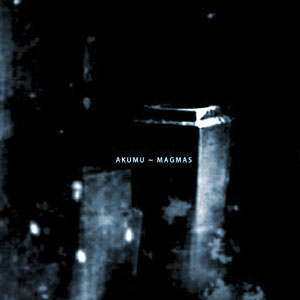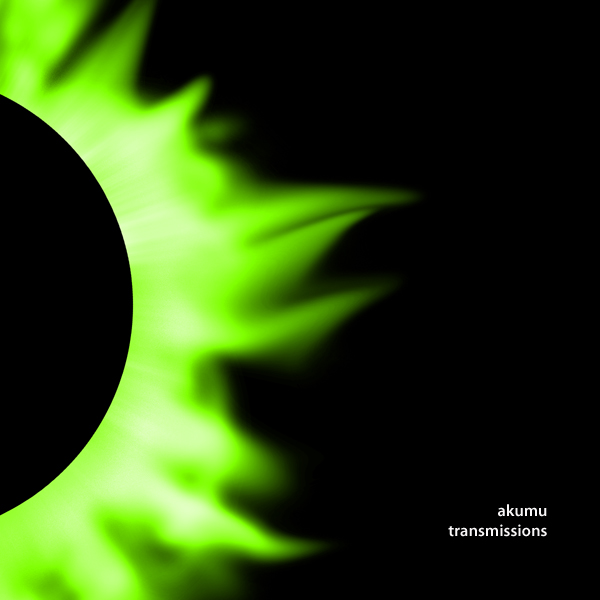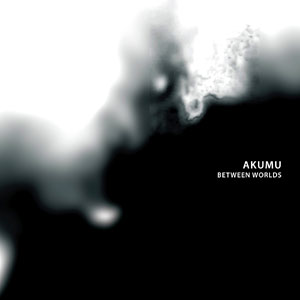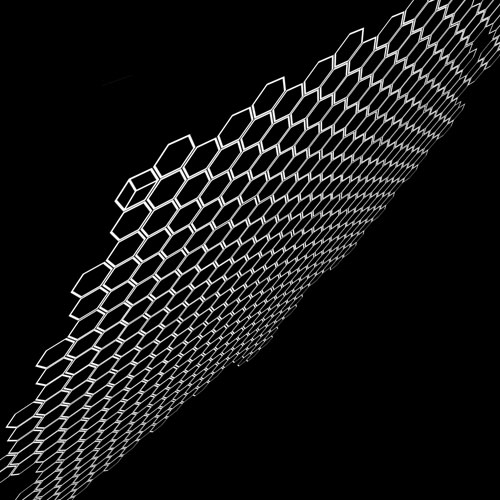 Here are some kind words about “Magmas” when it was released:
Here are some kind words about “Magmas” when it was released:
The Wire UK
A companion to his previous CD, Fluxes, Deane Hughes’s new instalment continues his exploration of source material gathered during a six month journey through Central America. Presumably he spent his time recording in scrapyards and at the bottom of disused water cisterns, because there’s a merciful absence of Aztec mysticism here — no choruses of exotic birds, no painfully authentic ritual chanting. Instead, Magmas is a classy construction of metallic atmospheres and subtle, whispering beats. Over ten richly layered pieces, Hughes and his production cohort Jeff McMurrich steadily increase the tension, plunging in slow-mo into the heart of a particularily bad trip on the best track “Arrhthmica”. Happily, Akumu resist the temptation to fall back on the easy option of merely spooking the listener with graveyard creepiness. There’s a wealth of tantalising detail hidden in this music’s folds and creases.
(Keith Moliné)
Eye Weekly Toronto
Akumu (a.k.a. Deane Hughes) makes dance music, but not for your feet — more for the hairs on the back of your neck. Deep bass throbs and tiny bursts of static float through Magmas like echoes of old house tunes seeping through re-recorded cassettes. Ethereal ambient sounds hover in the distance as electrical lines buzz and stutter in the sonic foreground. Akumu’s new album is just as delicate and minimal as last year’s Fluxes, but Toronto native Hughes’ move toward a more beat-driven sound makes Magmas even more arresting than its predecessor. It occupies the same intimate sonic space as a lot of bedroom electronica, but where most bedroom jocks favour overstuffed, rococo messes, Hughes shapes his tracks using simple broad strokes. Such elegant simplicity isn’t new to dance music, but in the laptop world it’s a rare and precious thing.
(Dave Morris)
Exclaim Magazine Toronto
Akumu’s third full-length album since beginning to record and self-release on his Spider Records back in 2000 finds him making fog-laden waves of atmospheric ambience and deep burbles of techno glitch-ery that don’t hold back on the bass-heavy depths. The bass on Magmas rolls back and forth, over and around like an organism itself. This could be because the man behind Akumu (which is Japanese for “bad dream”), Toronto’s Deane Hughes, is fascinated by “the underlying mechanic of things, what lies beneath, the way things evolve,” which is made beautifully apparent in the lifelike way Magmas unfolds, moves about, grows and recedes. Electronic glitch sounds and rotating rhythms emerge from a disassociated beginning, then multiply and seem to grow more hostile as they march forward in the slow-building mix of “Aguanatural.” They then disperse into calm stillness on the “Microscopes” interlude and take up the march again with “Alarma,” only to be deposited into cool yet ominous waters on “Landschap XIX.” This is but one lengthy example of the smooth progressions that fill out Magmas, but this album is by no means limited to simple oppositions or now-you-hear-it-now-you-don’t trickery. Rather, Magmas lives and breathes a life of its own.
(Kevin Hainey)



